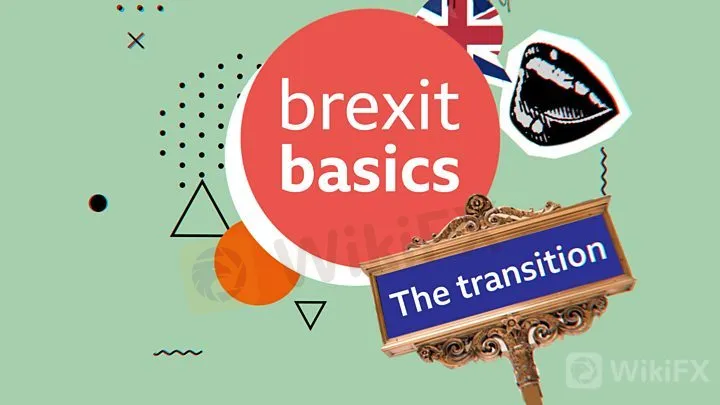简体中文
繁體中文
English
Pусский
日本語
ภาษาไทย
Tiếng Việt
Bahasa Indonesia
Español
हिन्दी
Filippiiniläinen
Français
Deutsch
Português
Türkçe
한국어
العربية
Brexit: UK hopeful of EU trade deal next month, says No 10
Abstract:Image copyrightGetty ImagesImage caption Negotiations over a free trade agreement between the UK and
Image copyrightGetty ImagesImage caption
Negotiations over a free trade agreement between the UK and EU began in early March
The UK still believes it can agree a post-Brexit trade deal with the EU next month, according to Downing Street.
The PM's spokesman said UK negotiators would “continue to plug the gaps” when talks enter their seventh round in Brussels on Tuesday.
The two sides remain divided over competition rules, fishing rights and how a deal would be enforced.
The UK has ruled out extending the December deadline to reach an agreement.
This week's talks are the last scheduled negotiating round ahead of the autumn, although both sides have previously said talks would continue in September.
EU chief negotiator Michel Barnier had dinner with UK counterpart David Frost on Tuesday evening, with talks set to conclude on Friday.
UK-EU trade deal some way off, both sides say
What are the sticking points in the trade talks?
What's happening in post-Brexit trade talks?
On Tuesday, ahead of talks resuming, a European Commission spokesman said a deal would need to be agreed by October “at the latest”.
Mr Barnier has said an agreement is required by this date so it can be ratified before the UK's current post-Brexit transition period ends, in December.
After the last negotiation round in London, he accused the UK of not showing a “willingness to break the deadlock” over difficult issues.
Mr Frost said EU offers to break the deadlock had failed to honour the “fundamental principles which we have repeatedly made clear”.

Media playback is unsupported on your device
Media captionConfused by Brexit jargon? Reality Check unpacks the basics.
But he said the UK, which has so far insisted on a series of separate deals in different areas, was also willing to consider a “simpler” structure for an agreement.
He added the EU had shown a “pragmatic approach” over British demands to limit the role of the European Court of Justice after the transition period ends.
Among the issues the negotiating sides will discuss this week are transport, police co-operation, fishing rights and rules on investment.
They will also discuss post-Brexit rules on competition and state support for companies, one of the thorniest issues in the talks to date.
The UK is due to stop following EU rules on so-called “state aid” at the end of the transition period, and has not unveiled details of its subsequent regime.
{777}
Mr Barnier has said the EU will require “robust” guarantees in this area if it is to agree a deal, and has called for more details on the UK's future plans.
{777}
Disclaimer:
The views in this article only represent the author's personal views, and do not constitute investment advice on this platform. This platform does not guarantee the accuracy, completeness and timeliness of the information in the article, and will not be liable for any loss caused by the use of or reliance on the information in the article.
WikiFX Broker
Latest News
Attention! Goldman Sachs Cuts Gold Target to $2910
Inflation Rebounds: ECB's Big Rate Cut Now Unlikely
Carney \considering\ entering race to replace Canada\s Trudeau
High-Potential Investments: Top 10 Stocks to Watch in 2025
US Dollar Insights: Key FX Trends You Need to Know
Why Is Nvidia Making Headlines Everywhere Today?
Discover How Your Trading Personality Shapes Success
FINRA Charges UBS $1.1 Million for a Decade of False Trade Confirmations
Pepperstone Sponsored the "Aston Martin Aramco Formula One Team"
ACY Securities Integrates MetaTrader 5 to Enhnace Copy Trading Service
Currency Calculator






